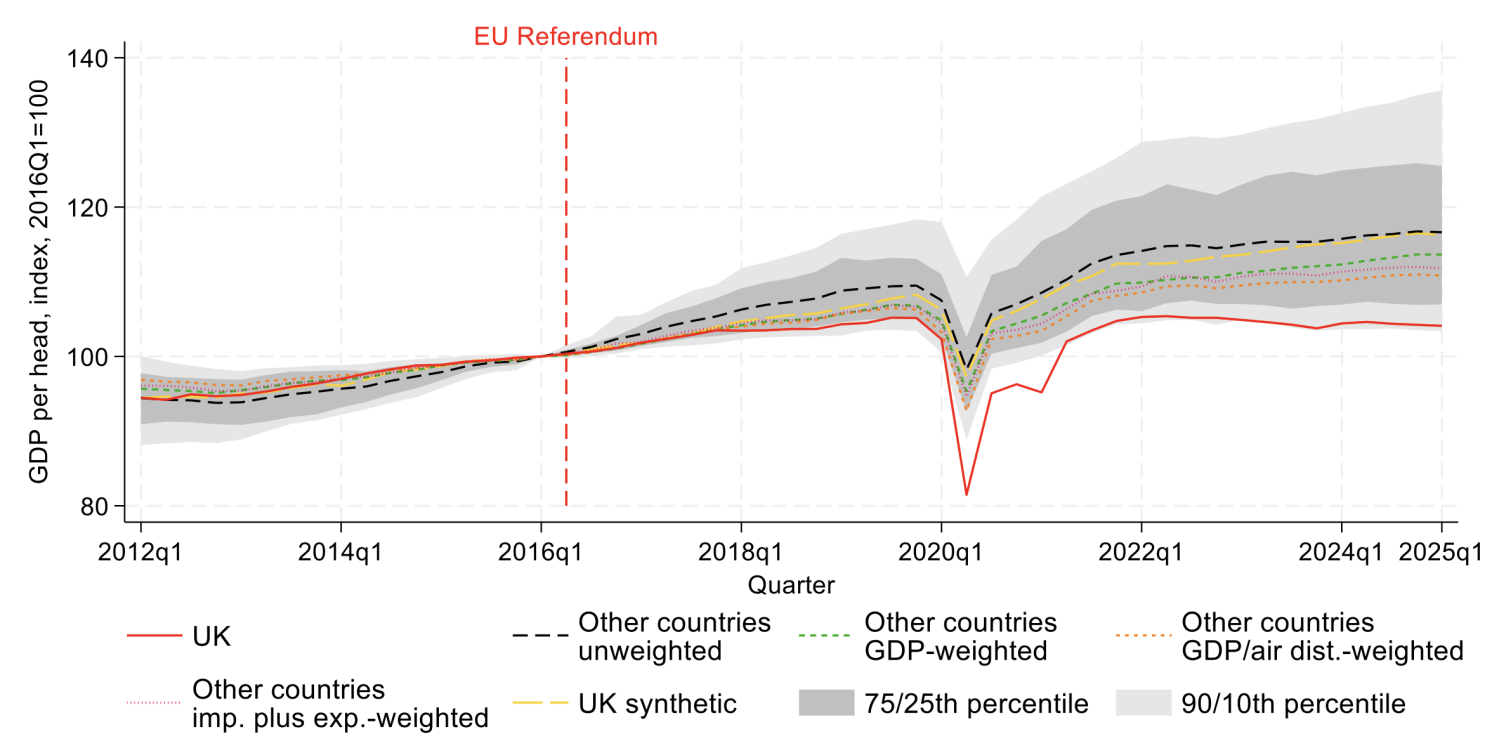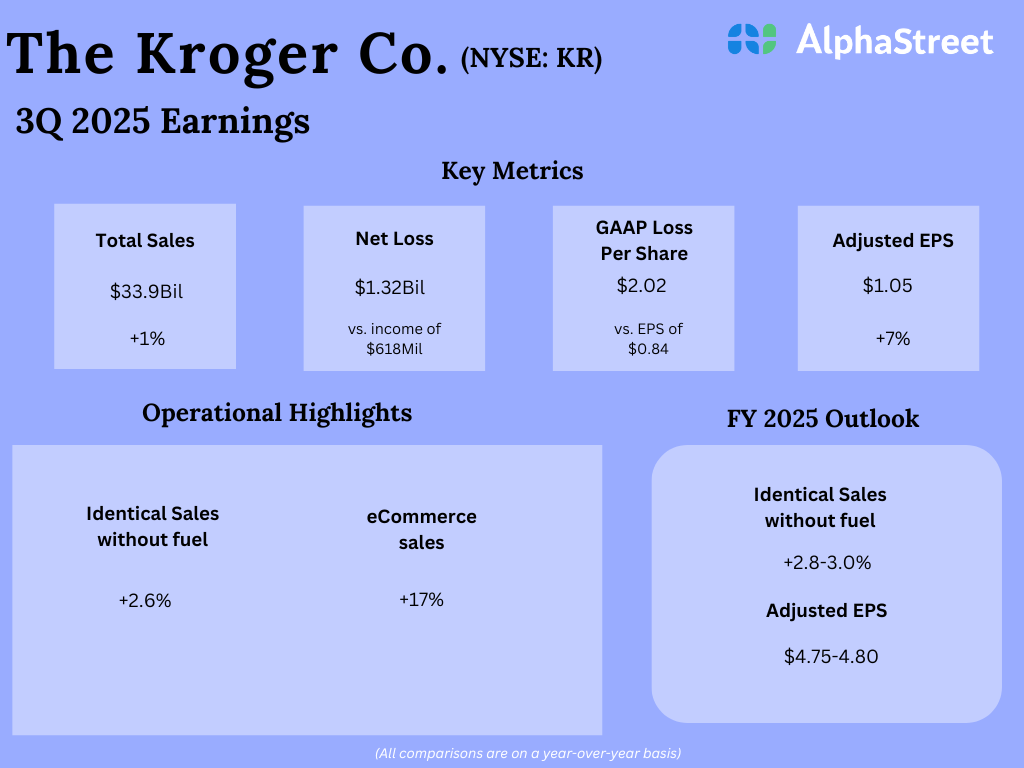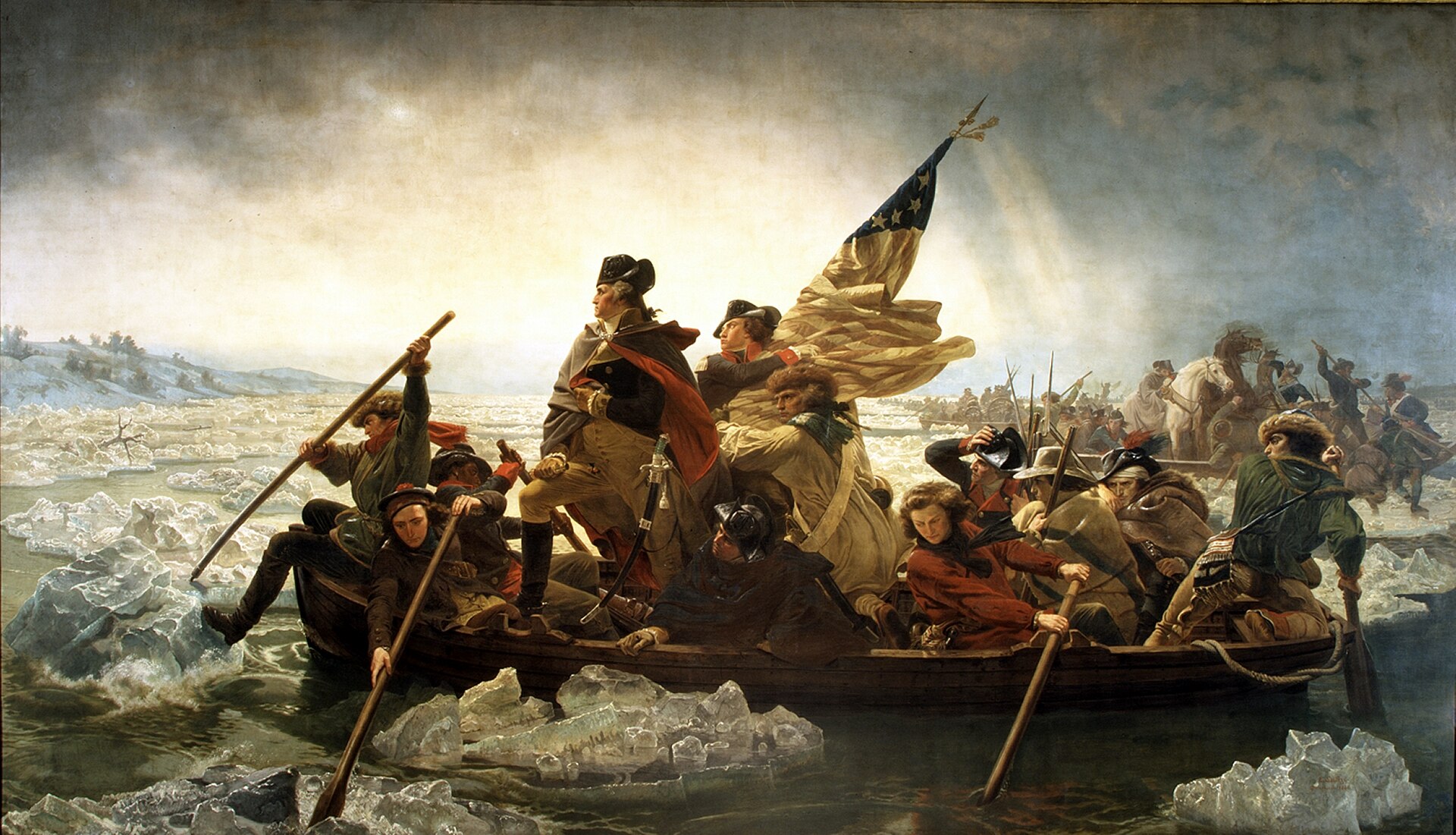In a recent post, I expressed skepticism about the ability of anyone to meaningfully predict the outcome of military engagements. There are many factors that make accurately predicting this sort of thing all but impossible, but one factor that deserves to be kept in mind is the impossibility of military planners to have all the relevant information.
As one studies military history, one thing that jumps out is how major events turned on tiny details. In the Revolutionary War, the Battle of Trenton, while not a large engagement, was still a pivotal moment. The victory for the American forces was a major morale booster and encouraged more Americans to join in the war efforts. And a crucial component of this victory was that George Washington’s forces held the element of surprise, with the famous crossing of the Delaware River. They caught the Hessian forces completely off guard and were able to secure a quick victory with minimal losses. How differently might history have gone if, instead of holding the element of surprise, Washington and his forces had been spotted, and attempted to attack a garrison that was fully expecting them?
Except, Washington and his forces absolutely were spotted and seen coming. A British sympathizer saw their approach and promptly reported it. This report was carried to the garrison and given to the commander of the outpost who, engrossed in the card game he was playing, promptly put it in his pocket and forgot about it. Had the commander, in that one brief moment, decided to look at the report rather than put it in his pocket, Washington and his forces wouldn’t have been moving towards a successful surprise attack – they would have been walking straight into an ambush. And how differently might that battle have gone, and from there, the entire course of the Revolutionary War? One brief moment, one small decision, and the future of the world is forever changed.
These kinds of lynchpin moments can only be identified in hindsight – and even then, we have no idea just how many equally crucial moments have occurred but never made it into any history books. Others are simply unknowable by their nature. Imagine another world where the garrison commander was in a more professional mood that night and would have promptly opened the letter and been prepared for the attack – but the British sympathizer who sent out the initial warning had died of smallpox as a nine-year-old. That small child’s death would have equally been such a lynchpin moment, but there is no way for historians to know this and record “if this little boy had grown into an adult, he would have spotted the forces of the rebellion and alerted the nearby garrison, forever changing the direction of the war.”

An entertaining book filled with these kinds of moments is Tiny Blunders/Big Disasters: Thirty-Nine Tiny Mistakes That Changed the World Forever. It chronicles a series of small, seemingly insignificant moments and decisions that ultimately led to massive consequences, such as when a “soldier accidentally kicks a helmet off of the top of a wall and causes an empire to collapse.” The more you study history and learn about how many major, world changing events turned on tiny details, the more you appreciate how utterly impossible it is for large-scale social planning to be carried out effectively. These aren’t cases where you can say “if only someone wiser had been in charge, if only the planners had been better informed, these circumstances would have been anticipated and the outcomes been kept under control.” History turns on events that nobody can and ever could anticipate or see coming, and nobody can possibly plan or control for.
This doesn’t just apply to large scale, society level planning. Even in our own lives, there are seemingly tiny moments where small, trivial decisions later turned out to be the moments where everything changed – and only in retrospect can we see what those moments were. And we’ll never, ever know how many such moments occurred that we can’t identify – or how our lives would look today if any of those moments went differently. I’ll give one personal example. I never would have met my wife, and thus my children would not exist today, if, six months before she and I met, and while she was thousands of miles away on a different continent, on one specific night, I hadn’t decided to stop at the smoke pit in front of the barracks briefly before heading off base to get something to eat.
There is no planner in the world who can identify and integrate these kinds of moments into their plan – and thus there is no planner in the world who can craft a plan that will turn out as they expect. As I once heard George Will quip, Elizabeth Warren’s favorite catchphrase is “I have a plan for that” for any and all social issues – but there is much wisdom in the old saying “If you want to make God laugh, tell him your plans.”








































